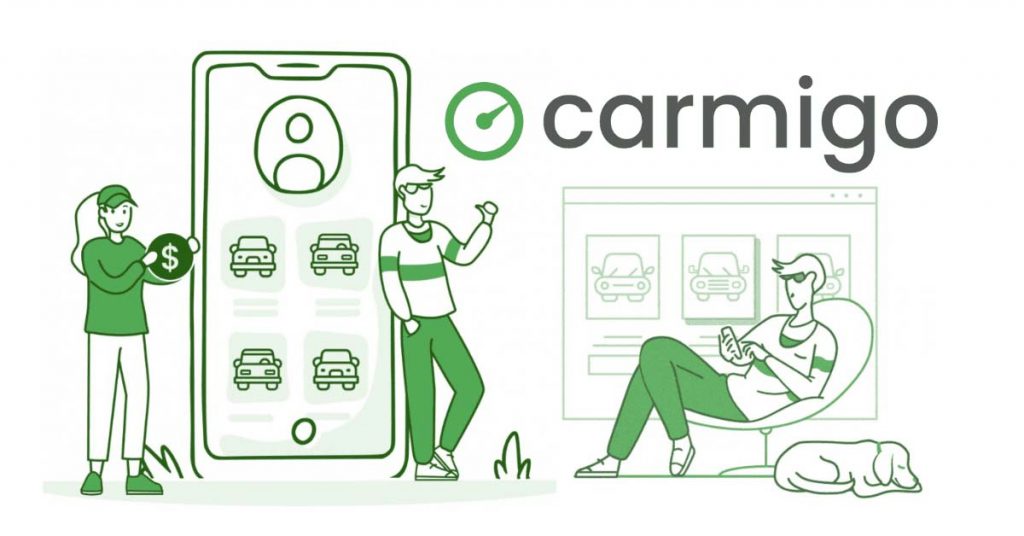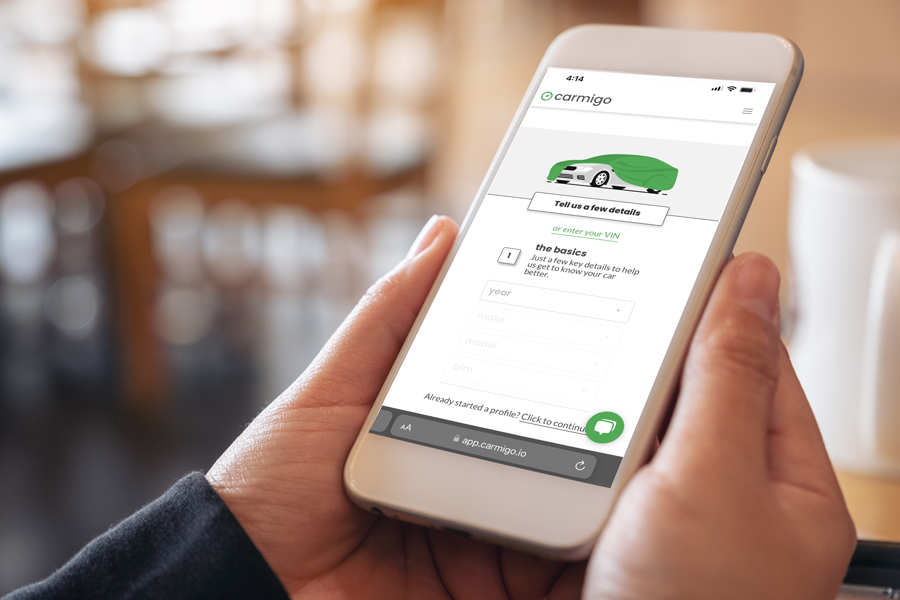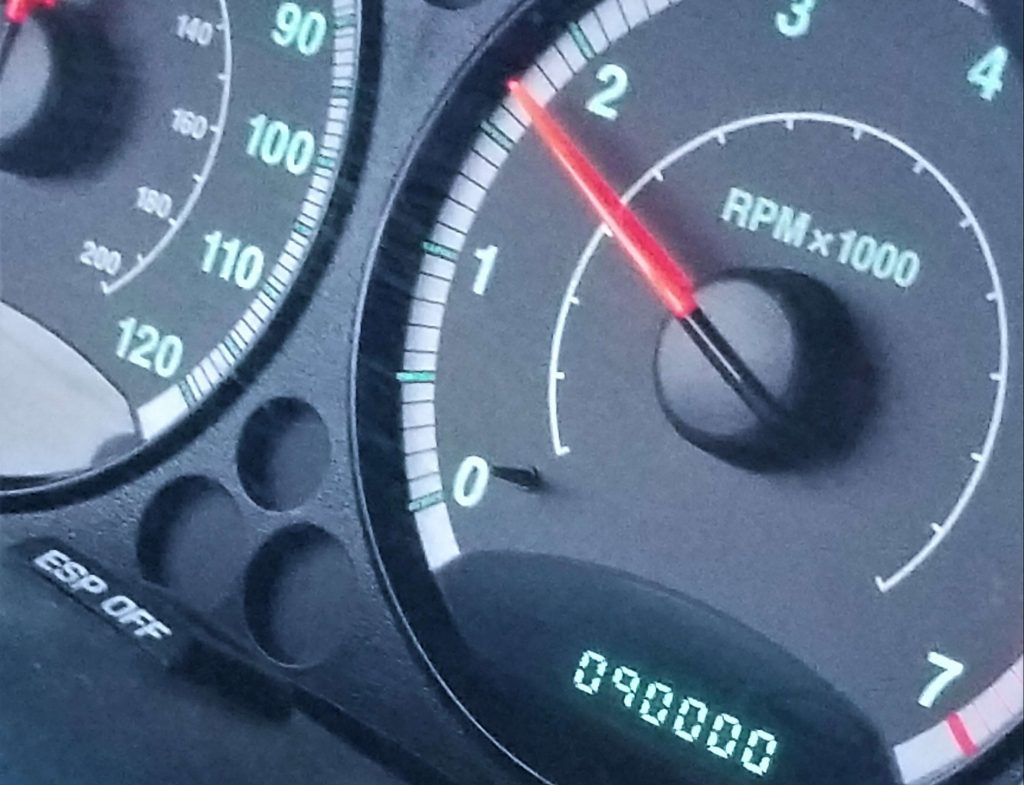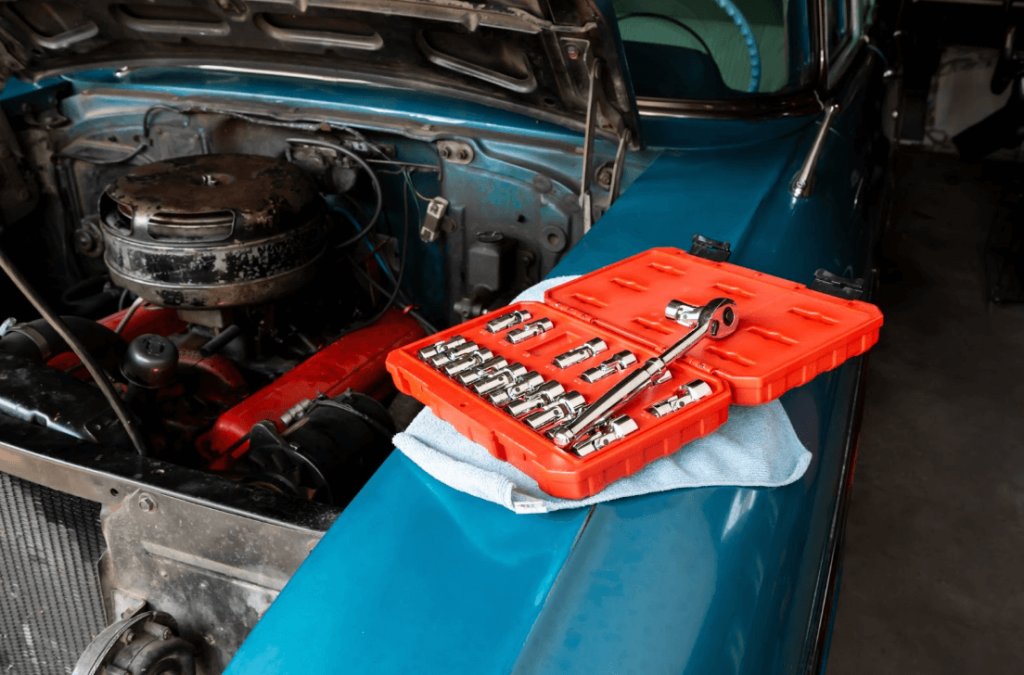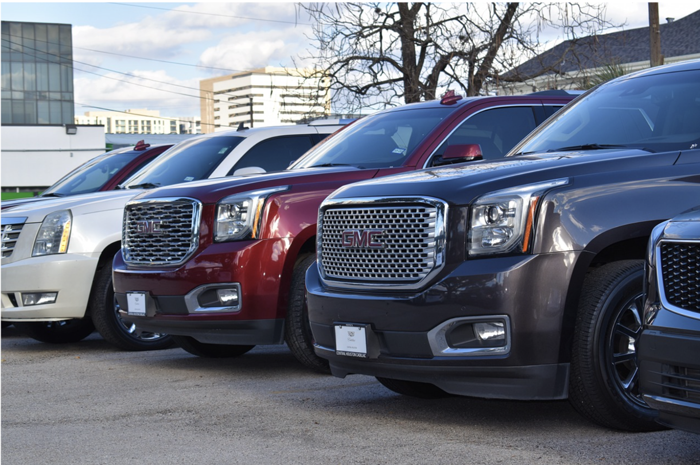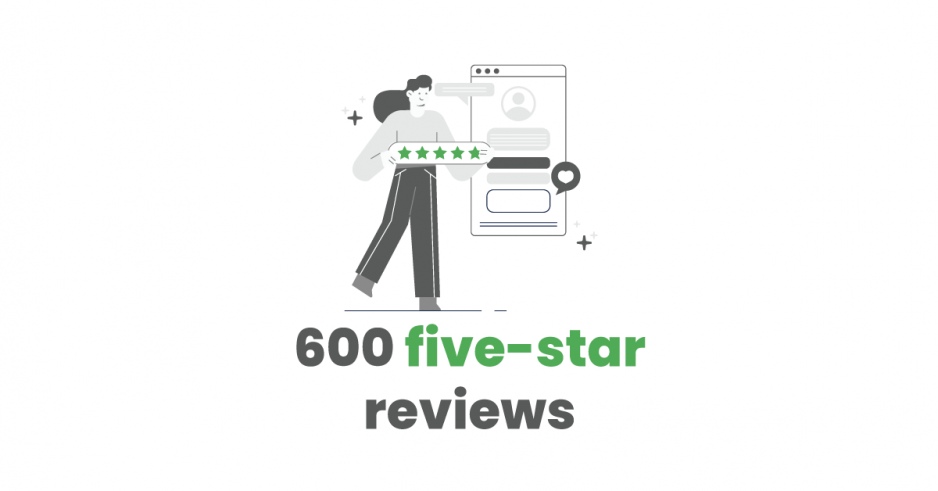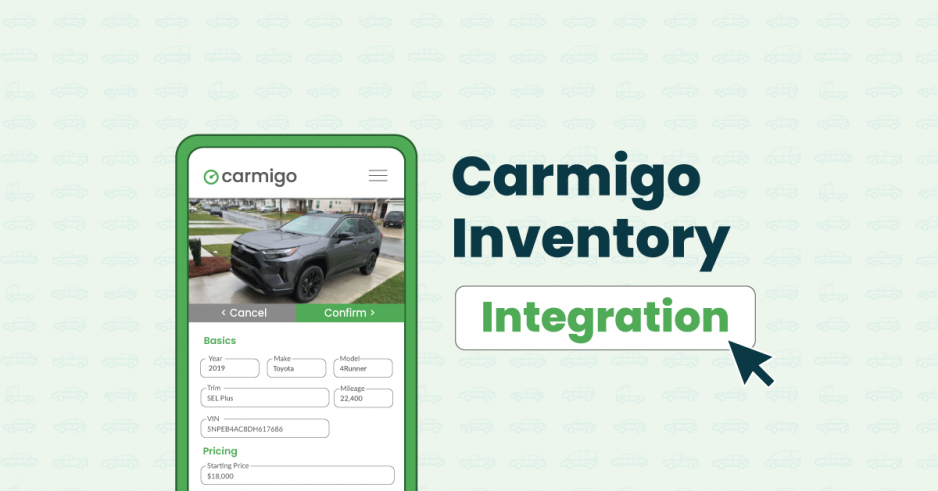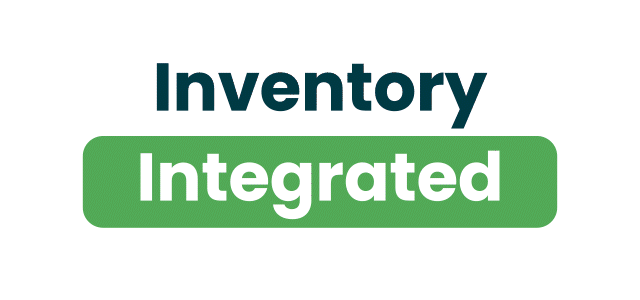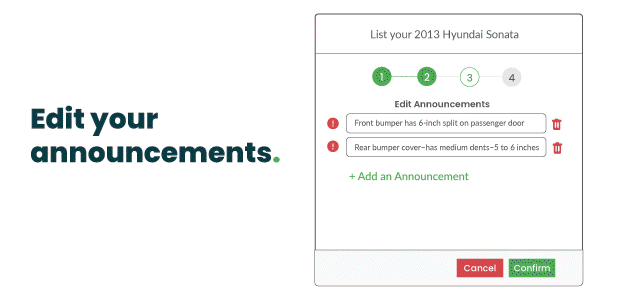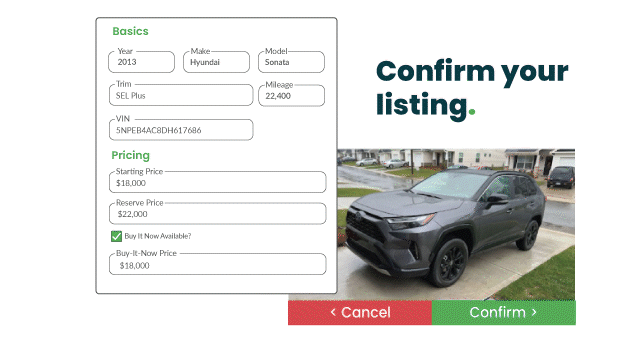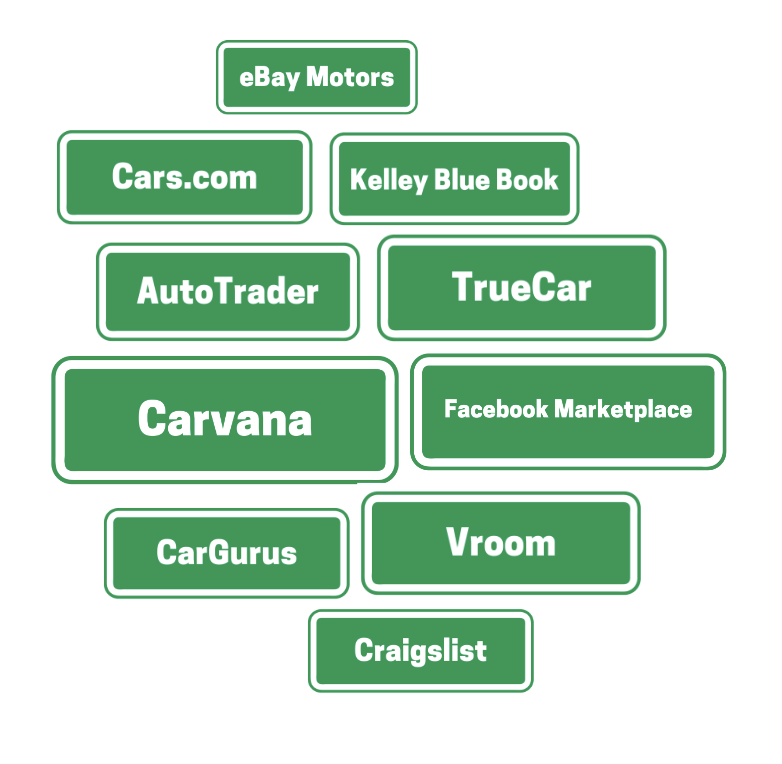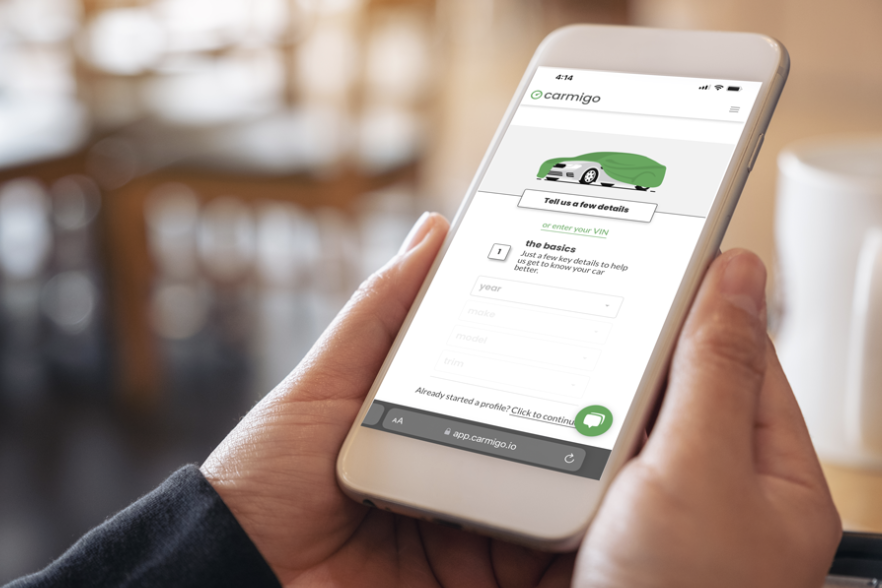Can I sell my car with a loan? A comprehensive guide
Table of Contents
Selling a car with an outstanding loan can be a challenging task, but it’s not an impossible feat. With careful planning, thorough research, and effective communication, you can successfully navigate the process and find a buyer who is willing to take over the loan. In this blog post, we will provide you with a comprehensive guide on how to sell your car with a loan, covering important steps to maximize your chances of a successful sale.

Understand Your Loan Situation
Before you dive into the process of selling your car, it’s crucial to have a clear understanding of your loan details. Gather all the necessary information, such as the outstanding balance, interest rate, and any prepayment penalties. Contact your lender to inquire about their policies regarding car transfers and loan assumptions. By knowing the specifics, you can accurately determine the amount you need to sell the car for to pay off the loan.
Start by determining the exact amount you owe on your car loan. Contact your lender to obtain the most up-to-date information on the outstanding balance. This figure will serve as the basis for calculating the minimum amount you need to sell the car for in order to pay off the loan completely.
Familiarize yourself with the interest rate associated with your loan. This information will give you insights into the cost of borrowing and can influence your decision-making process. If the interest rate is high, potential buyers may be less inclined to assume the loan, so you might need to adjust your selling strategy accordingly.
Inquire about any prepayment penalties that may be associated with your loan. Some lenders impose fees if the loan is paid off before a certain period of time. Understanding these penalties will help you factor them into your financial calculations and determine the final amount you need to receive from the sale to cover all costs.
Each lender has its own policies regarding car transfers and loan assumptions. Reach out to your lender to understand their specific requirements and procedures. Ask about their process for transferring the loan to a new owner and any necessary paperwork or documentation involved. Being well-informed about their policies will ensure that you can comply with their requirements and facilitate a smooth transition for the buyer.
Some lenders offer the option for a buyer to assume the loan entirely. This means that the buyer takes over the loan payments and becomes responsible for the remaining balance. In such cases, make sure to clarify with your lender if the buyer will need to meet specific criteria or go through a credit evaluation process. Understanding the loan assumption option will help you market your car effectively to buyers who are interested in this arrangement.

Set the Right Asking Price
Pricing your car appropriately is key to attracting potential buyers. Take into consideration factors such as the vehicle’s age, mileage, condition, and market demand. Research similar cars in your area and check their prices to set a competitive asking price. Keep in mind that buyers will be assuming your loan, so it’s important to price your car competitively to make it an attractive option.
Start by researching the current market value of your car. Look for similar makes, models, years, and conditions in your local area. Online platforms, car valuation websites, and classified ads can provide valuable insights into the prevailing prices. Consider factors such as mileage, overall condition, and any additional features or upgrades your car may have.
Take into account the outstanding balance of your loan when setting the asking price. The aim is to find a price that is competitive in the market while ensuring that it is enough to pay off the loan in full. Calculate the difference between the estimated market value of your car and the outstanding loan balance. This will give you a clear understanding of the minimum price you need to sell the car for to settle the loan.
While you want to maximize the selling price, it’s important to be realistic and flexible. Consider the market demand and the condition of your car. If your car has high mileage or requires significant repairs, it may be necessary to adjust the asking price accordingly. Being flexible and open to negotiation can attract potential buyers and increase the likelihood of a successful sale.
When marketing your car, emphasize the benefits of taking over the loan. Many buyers prefer financing options, and assuming an existing loan can be an attractive proposition. Highlight the lower interest rate or the convenience of avoiding the hassle of applying for a new loan. By showcasing these advantages, you can make your car more appealing to potential buyers.
If you have a tight timeline to sell the car, you may need to adjust the asking price accordingly. Offering a competitive price can help attract more potential buyers and expedite the sale process. However, ensure that you don’t set the price too low, as you still need to cover the loan balance. Strike a balance between a competitive price and your financial requirements
If you’re uncertain about setting the right asking price, consider getting a professional appraisal. An experienced appraiser can evaluate your car’s condition, mileage, and overall market value to provide an accurate estimate. While this may involve an additional cost, it can give you confidence in setting a fair and reasonable asking price.
Remember, pricing is a delicate balance between attracting potential buyers and ensuring that you can pay off your loan. Thorough research, considering the loan balance, being flexible, and highlighting loan benefits are key strategies for setting the right asking price. By striking the right balance, you can increase your chances of finding a qualified buyer who is willing to assume the loan and purchase your car.
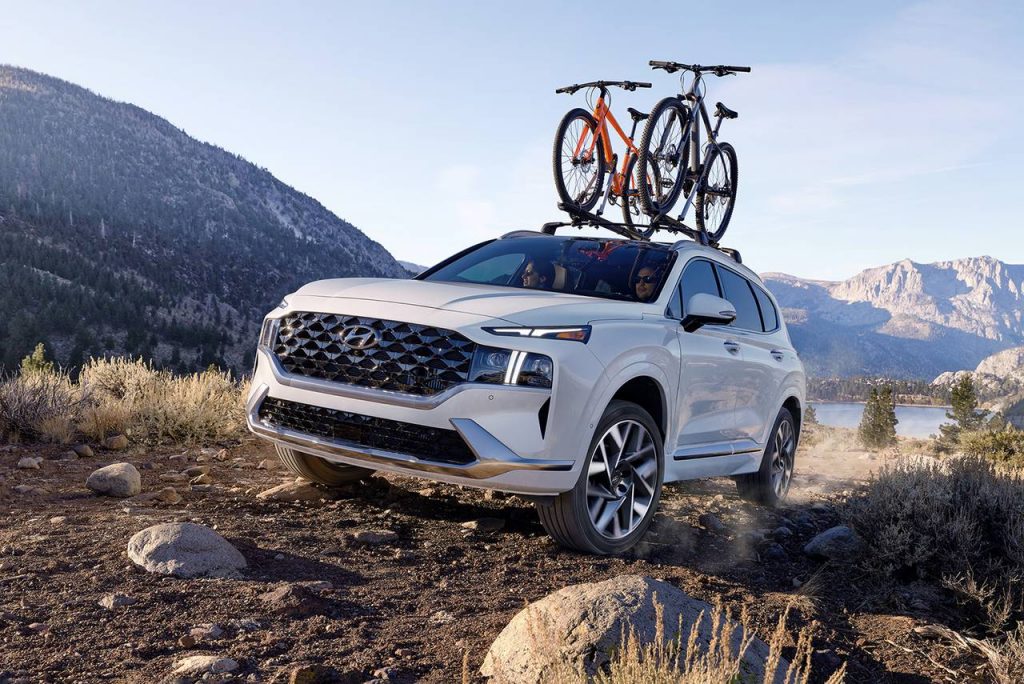
Market Your Car Effectively
Effectively marketing your car is crucial to attract potential buyers and increase your chances of a successful sale when selling a car with a loan. Utilizing various channels and strategies can help you reach a wider audience and generate interest in your vehicle. Here are some key points to consider when marketing your car:
Utilize online platforms to maximize your reach. Post detailed and engaging advertisements on popular classified websites, car selling websites, and social media platforms. Provide comprehensive information about your car, including its make, model, year, mileage, condition, and any notable features or recent maintenance. Use high-quality photos from different angles to showcase your car’s exterior and interior.
Craft a compelling and accurate description of your car. Highlight its key selling points, such as fuel efficiency, safety features, spacious interior, or any recent upgrades. Be honest about any flaws or repairs needed to manage buyers’ expectations. Use persuasive language to capture potential buyers’ attention and generate interest in your vehicle.
Consider targeting specific audiences or communities that may be interested in your car. Join online forums, social media groups, or local car enthusiast communities and share your listing there. These platforms provide an opportunity to reach individuals with a genuine interest in purchasing a car, increasing your chances of finding a qualified buyer.
Spread the word about your car sale among your personal and professional networks. Inform friends, family, colleagues, and acquaintances that you are selling your car. They might know someone who is actively looking for a vehicle or be interested themselves. Personal recommendations can carry significant weight and help you find potential buyers more quickly.
Highlight the loan assumption option as a selling point for your car. Many buyers prefer the convenience of taking over an existing loan rather than going through the process of applying for a new one. Emphasize the potential savings on interest or the streamlined process associated with assuming the loan. This can make your car more appealing to buyers who are looking for financing options.
Be proactive in responding to inquiries and communicating with potential buyers. Promptly answer their questions, provide additional information if needed, and arrange viewings or test drives promptly. Being responsive and professional will create a positive impression and increase buyers’ confidence in dealing with you.
Gather all relevant documentation, including service records, maintenance receipts, and the vehicle’s history report. This documentation provides transparency and reassurance to potential buyers regarding the car’s condition and maintenance history. Make these documents readily available for interested buyers to review.
Consider implementing a strategic pricing strategy. If you’re finding it challenging to attract buyers, you may need to adjust your asking price accordingly. Monitor the market and adjust the price if necessary to stay competitive and generate more interest.


Be Transparent About the Loan
Transparency is crucial when selling a car with a loan. Provide accurate details about the loan to potential buyers. Clearly communicate the remaining loan balance, monthly payment amount, and any relevant information about the lender’s policies for loan assumptions or transfers. Being upfront will help build trust with potential buyers and prevent misunderstandings later in the process.
Clearly communicate the exact remaining balance on the loan to potential buyers. This information allows them to understand the financial commitment they would be taking on if they assume the loan. Provide documentation or statements from your lender that validate the outstanding balance and show transparency in your communication.
Disclose the current monthly payment amount associated with the loan. This helps potential buyers evaluate their affordability and budget accordingly. Be prepared to share any additional details about the payment structure, such as the number of remaining payments or the interest rate. This information allows buyers to assess the financial impact of assuming the loan.
Inform potential buyers about the lender’s policies regarding loan assumptions or transfers. Some lenders may have specific requirements or procedures that need to be followed for a smooth transition of the loan. Understanding these policies in advance helps buyers determine if they meet the lender’s criteria and can assume the loan without complications.
If there are any prepayment penalties associated with the loan, be transparent about them. Inform potential buyers about the consequences and costs involved if they decide to pay off the loan earlier than its designated term. This transparency ensures that buyers are aware of all financial obligations associated with the loan.
Explain the process of assuming the loan to potential buyers. Provide them with an overview of the steps involved, any paperwork required, and the timeline for completing the transfer. By outlining the process, buyers can assess the feasibility and complexity of assuming the loan and make an informed decision.
Provide copies of relevant loan documents, such as the loan agreement, to potential buyers for their review. This allows them to verify the loan terms and conditions independently and seek legal advice if necessary. Transparency in sharing these documents builds trust and demonstrates your commitment to an open and honest transaction.
By being transparent about the loan, you create an environment of trust and transparency with potential buyers. Clearly communicate the remaining loan balance, monthly payment amount, lender’s policies, prepayment penalties, loan assumption process, and provide necessary documentation. Buyers will appreciate your openness, and it will help ensure a smooth transition of the loan, leading to a successful sale of your car.

Screen Potential Buyers
Once you start receiving inquiries from potential buyers, it’s essential to screen them thoroughly. Ensure that they understand the loan situation and are financially capable of assuming the responsibility. Request proof of income and references, if necessary. By vetting potential buyers, you can filter out those who may not be serious or qualified to take on the loan.
Ensure that potential buyers fully understand the loan situation. Discuss the loan terms, including the remaining balance, monthly payments, and any relevant details about the lender’s policies. Clarify any questions they may have and gauge their comprehension of the financial commitment involved in assuming the loan.
Verify the financial capability of potential buyers to assume the loan. Request proof of income, such as pay stubs or bank statements, to assess their ability to meet the financial obligations associated with the loan. Ensure that their income is stable and sufficient to cover the loan payments, as this will minimize the risk of default or complications down the line.
Request references from potential buyers, such as previous landlords, employers, or financial institutions. Contact these references to verify their credibility and reliability. References can provide insights into the buyer’s financial responsibility and character, giving you a better understanding of their suitability to assume the loan.
Consider conducting a credit check on potential buyers. This will give you an overview of their credit history and their ability to manage financial obligations. A good credit history indicates responsible financial behavior, reducing the risk of loan default. However, keep in mind that different regions have varying laws and regulations regarding credit checks, so ensure compliance with local legislation.
Gauge the seriousness and intent of potential buyers. Assess their level of interest, promptness in communication, and willingness to provide required documentation. Buyers who demonstrate a genuine interest and actively engage in the process are more likely to follow through with the purchase and assume the loan responsibly.
Trust your instincts when interacting with potential buyers. Pay attention to their behavior, responsiveness, and overall demeanor during the screening process. If something feels off or raises concerns, it’s important to proceed cautiously or explore other potential buyers.
By screening potential buyers, you can identify individuals who are genuinely interested, financially capable, and responsible. This process minimizes the risk of encountering complications during the loan transfer and ensures a smoother transaction. Ultimately, finding a qualified buyer who is capable of assuming the loan responsibility will increase the likelihood of a successful sale and a positive outcome for both parties involved.

Facilitate the Loan Transfer
Once you find a buyer who is willing to assume the loan, involve your lender to facilitate the transfer process. Contact the lender to understand their specific requirements and procedures. Provide all the necessary documents and ensure that the buyer completes the required paperwork promptly. Adhering to the lender’s instructions diligently will ensure a smooth transition of the loan.
Reach out to your lender early in the process to inform them of your intention to sell the car and transfer the loan. Inquire about their specific requirements and procedures for loan transfers. Each lender may have different policies in place, so it’s important to understand their expectations and follow their instructions carefully.
Gather all the necessary documents requested by your lender for the loan transfer. These may include a bill of sale, loan assumption agreement, and any other paperwork specific to your lender’s requirements. Ensure that all documents are completed accurately and in compliance with the lender’s instructions.
Keep the buyer informed about the loan transfer process and any requirements from the lender. Provide them with the necessary documents to review and sign. Encourage open communication between all parties involved to address any questions or concerns promptly.
Offer assistance to the buyer in completing the necessary paperwork for the loan transfer. Provide them with any supporting documentation they may need, such as your loan statements or loan account information. Being proactive in assisting the buyer will help streamline the process and ensure that all required paperwork is completed accurately.
Strictly adhere to the lender’s instructions throughout the loan transfer process. This includes submitting paperwork within specified timelines and providing any additional information or documentation as requested. Failure to comply with the lender’s instructions may result in delays or complications in transferring the loan.
Once all the required documentation has been completed and submitted to the lender, work with them and the buyer to finalize the loan transfer. This may involve arranging a meeting at a neutral location, such as the lender’s office, to sign and notarize the necessary paperwork. Follow any specific guidelines provided by the lender to ensure a legally binding transfer of the loan.
By actively facilitating the loan transfer process, you help ensure a smooth and successful transition for both yourself and the buyer. Clear communication, prompt completion of required documentation, and following the lender’s instructions are key to making the process efficient and minimizing any potential complications. Ultimately, a well-executed loan transfer will enable the buyer to assume the loan responsibility, and you can complete the sale of your car with confidence.

Complete the Sale and Loan Payoff
Once the buyer has assumed the loan, complete the sale by transferring ownership of the car. Arrange a meeting at a neutral location, such as a bank or the lender’s office, to finalize the transaction. Ensure that all necessary paperwork is completed accurately, including the bill of sale and transfer of title. With the sale completed, use the funds from the buyer to pay off the remaining loan balance.
If you’re ready to sell your car and you want to forgo some effort on your part without missing out on maximizing profit, Carmigo can help. Carmigo has a huge network of dealerships that want your car. It only takes a few minutes to list. Once you answer a few questions about your car and take some photos, you’re good to go. Within a day, you can receive multiple offers on your vehicle. You set the asking price you want and if none of the offers meet it, you’re not obligated to pay a dime. After your car sells, you just have to wait for pickup and then get paid. It’s the easiest way to sell a car.




